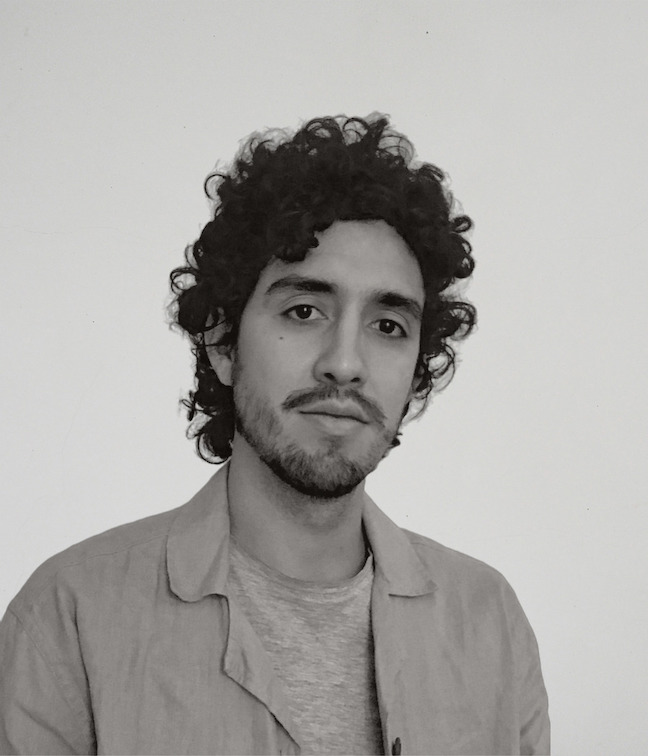
Biography:
Benjamin Montaño is a second-year PhD student in the Department of History at the University of Chicago. He holds a BA in Government and Comparative Literature from Cornell University. His research interests revolve around modern Mexican social and legal history, the political economy of Latin America, and the history of political thought. His current archival inquiries investigate to what extent private property developed socially “from below” in post-revolutionary Mexico.
Project Title: Hecho y derecho: The social relations of private property in Mexico City, 1918-1940
Abstract
For decades, the specter of private (landed) property has haunted modern Mexican historiography. The originary myths of the country's Revolution (1910-1917) warrant much of the blame for this. It was the monopoly of land, the story goes, that propelled the revolt; and the necessity for land reform, it continues, that legitimated the obstinacy of the post-revolutionary regime. But where myths perpetuate useful fictions for political ends, they also obscure other visions of the past that truncate our understanding of the present. This project is an attempt to deepen our understanding of Mexico’s post-revolutionary decades by probing at the myths of private property that the Revolution propagated. Through the use of catastral, financial, and judicial records, I aim to study private property as it endured socially in the conflict’s wake. As federal authorities recurred to expropriations and rhetorically condemned the ostentatiousness of private ownership, was private property nonetheless, an aspiration and common arrangement among the land reform’s intended beneficiaries? What constraints and imperatives made private ownership an attractive, daunting or useful recourse, presumably in an era of redistribution? And how did these arrangements by everyday people interact politically with state-led processes of land reform? I expect the tension of these developments to be particularly discernible in Mexico City’s urban sphere, where expanding commerce and residential development were rapidly altering popular conceptions of politics, labor, ownership, and community. This is, in short, a project set out to study to what extent private property might have developed as an historical compromise “from below.”
 THE UNIVERSITY OF CHICAGO
THE UNIVERSITY OF CHICAGO

